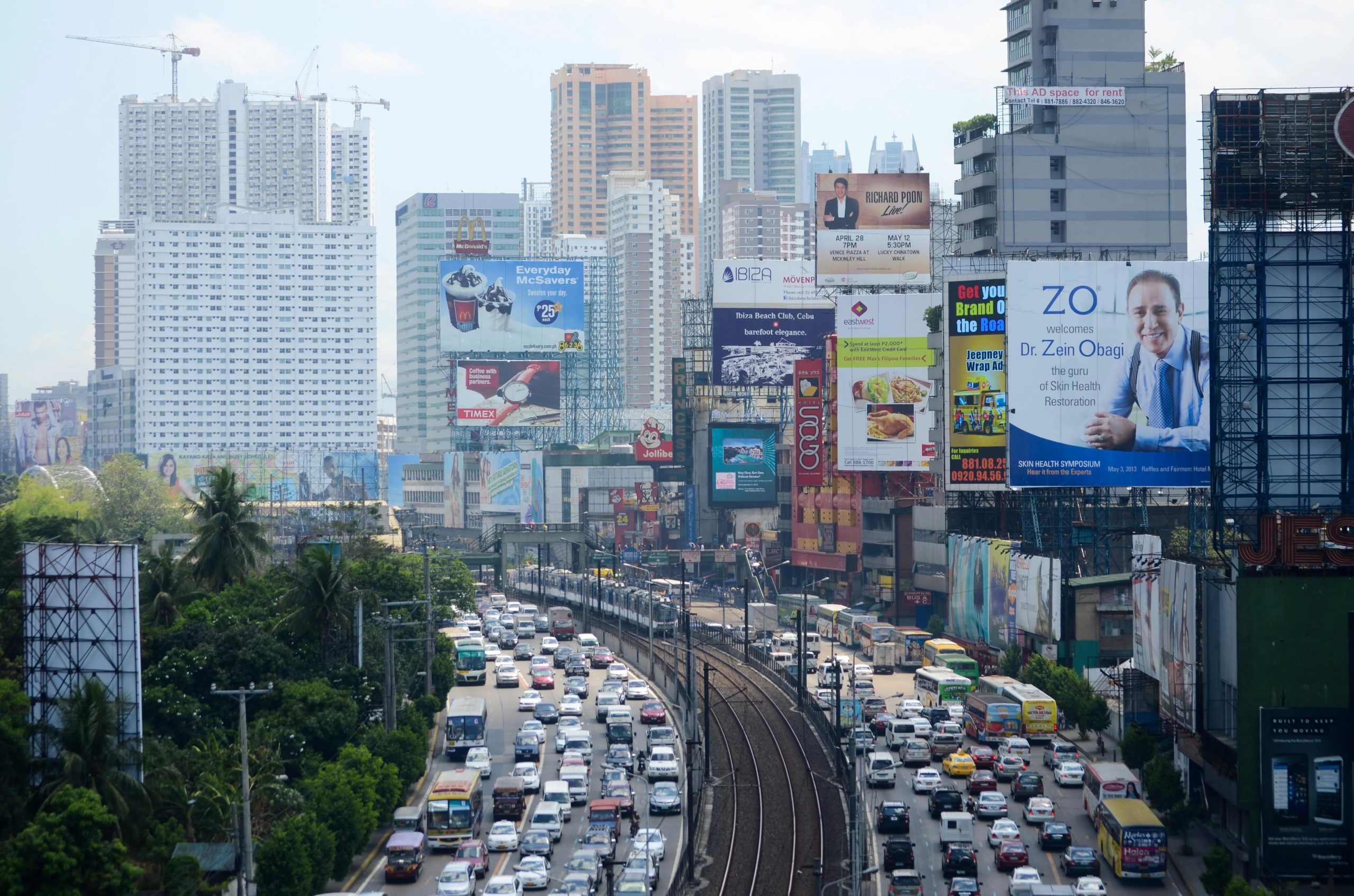IMF Says Philippines Casinos Still Need Better Money Laundering Policies
Posted on: June 9, 2022, 05:38h.
Last updated on: June 9, 2022, 11:46h.
The International Monetary Fund (IMF) recognizes that the Philippines is making efforts to clean up its financial image. However, even though it concedes it has made progress, the country’s casinos need to do more.

In an IMF report from earlier this week, the Philippine casino industry is a “moderate risk” that impacts how the world views the country. It contributes to the opinion that the Philippines doesn’t do enough in terms of anti-money laundering (AML) and combating the financing of terrorism (CFT).
In April of last year, the IMF indicated that the country’s casinos were not taking AML/CFT initiatives seriously enough. It accused the industry of “insufficient supervision and monitoring.” It has kept a close eye on the country for any forward or backward movement.
Philippines Need to Address Financial Crime
The IMF report examines the risks for Philippine banks, the microfinance sector and non-financial companies. The global financial watchdog states that the “moderate” risk the casino sector poses to the country’s financial stability is the result of continued financial crime. It is also the result of apathy toward the implementation of measures to enhance the country’s bank secrecy laws.
International confidence could diminish from insufficient supervision and monitoring of casinos, the gaming industry, and cryptocurrency exchanges, which could be abused for financial crimes,” said an IMF report about the Philippines.
Rodrigo Duterte, then-President of the Philippines, signed a law last February to strengthen AML/CTF regulations. However, the Financial Action Task Force (FATF) decided to keep the Philippines on its grey list of untrustworthy countries. It was previously on the grey list from 2000 to 2005.
The FATF requires countries on the grey list to submit three progress reports each year. The FATF acknowledged that the Philippines had taken steps to improve its AML/CFT system since June. However, it listed eight areas in which it needed to concentrate its efforts.
Philippines Banks Too Strict
The issue may not be that the Philippines’ financial sector is too lax. Instead, it might be that it’s too strict. The IMF explains that bank secrecy laws restricting financial supervisors’ access to individual depositors may encourage criminals to use banks to commit fraud, launder money, or conduct or other financial crimes.
Reputational risks could impact relevant banking relationships and limit access to global markets by Philippine banks. It may also reduce the flow of international money transfers. This could result in a decrease in the Philippines peso’s value.
The IMF warns that the economic impact of COVID-19 will be worse for the Philippines than was the Asian Financial Crisis (AFC) in 1997. However, the impact remains uncertain, particularly regarding the extent and severity of the pandemic, as well as its devastating effects.
Those issues could exacerbate the financial situation as businesses, including casinos, scramble to push through the situation. However, the Philippines’ gaming industry is already on the rebound, according to PAGCOR (the Philippines Amusement and Gaming Corporation). If the country wants to improve its image in the financial world, its casinos will need to take the advice of both the IMF and the FATF seriously as they continue to recover.
Related News Articles
Bookmaker Ceases Taking Odds on Qatar World Cup Likelihood
MGM Could Wait Before Bidding Anew for Entain
Most Popular
Mirage Las Vegas Demolition to Start Next Week, Atrium a Goner
Where All the Mirage Relics Will Go
Most Commented
-
Bally’s Facing Five Months of Daily Demolition for Chicago Casino
— June 18, 2024 — 12 Comments
















No comments yet